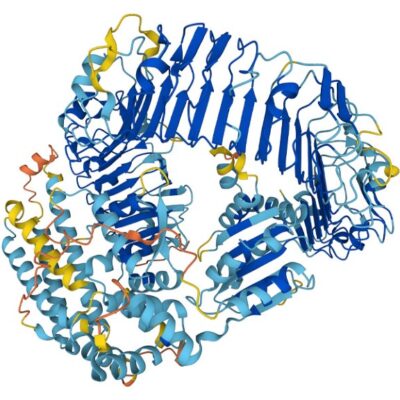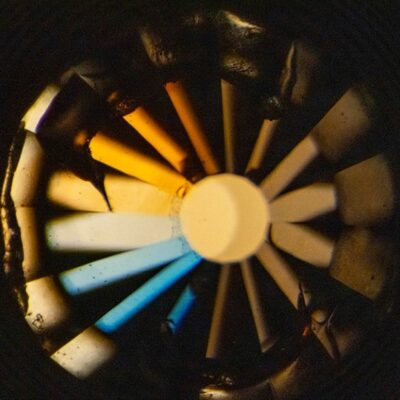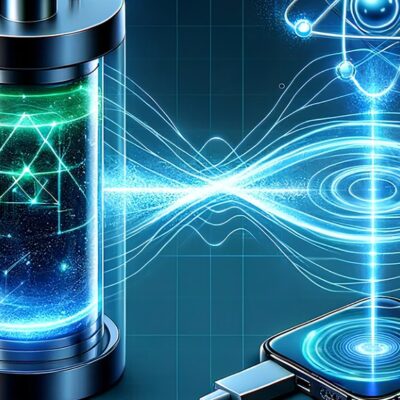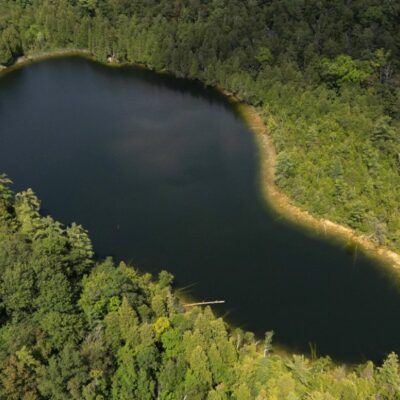NATURE
Decoding chromatin states by proteomic profiling of nucleosome readers
- By West virginia digital
- . March 8, 2024
Experimental procedures Preparation of recombinant canonical histones Recombinant human canonical histone proteins were expressed in Escherichia coli BL21(DE3)-CodonPlus-RIL cells (Agilent

Buried vases hint that ancient Americans might have drunk tobacco
- By West virginia digital
- . March 8, 2024
The Maya and other ancient Mesoamerican cultures smoked tobacco in the form of cigars. An analysis of ceramic vases suggests

Could AI-designed proteins be weaponized? Scientists lay out safety guidelines
- By West virginia digital
- . March 8, 2024
The artificial-intelligence tool AlphaFold can design proteins to perform specific functions.Credit: Google DeepMind/EMBL-EBI (CC-BY-4.0) Could proteins designed by artificial intelligence

the inside story of deception in a rising star’s physics lab
- By West virginia digital
- . March 8, 2024
In 2020, Ranga Dias was an up-and-coming star of the physics world. A researcher at the University of Rochester in

A better way to charge a quantum battery
- By West virginia digital
- . March 8, 2024
Nature, Published online: 08 March 2024; doi:10.1038/d41586-024-00652-1 Batteries that store photons in atoms or molecules could retain their efficiency with

Roger Guillemin (1924–2024), neuroscientist who showed how the brain controls hormones
- By West virginia digital
- . March 8, 2024
Credit: Hulton Archive/Getty Roger Guillemin identified the molecules in the brain that control the production of hormones in endocrine glands

‘There is no cookie cutter female scientist’
- By West virginia digital
- . March 8, 2024
Julie Gould 00:0 Hello, and welcome to Working Scientist, a Nature Careers podcast. I’m Julie Gould. We’re starting off a

Show off your science in Nature’s photo competition
- By West virginia digital
- . March 8, 2024
Nature’s 2024 photo competition is now live, providing a chance to celebrate the diverse, interesting, challenging, striking and colourful work

Landmark study links microplastics to serious health problems
- By West virginia digital
- . March 8, 2024
Plastics are just about everywhere — food packaging, tyres, clothes, water pipes. And they shed microscopic particles that end up

Geologists reject the Anthropocene as Earth’s new epoch — after 15 years of debate
- By West virginia digital
- . March 8, 2024
After 15 years of discussion and exploration, a committee of researchers has decided that the Anthropocene — generally understood to

